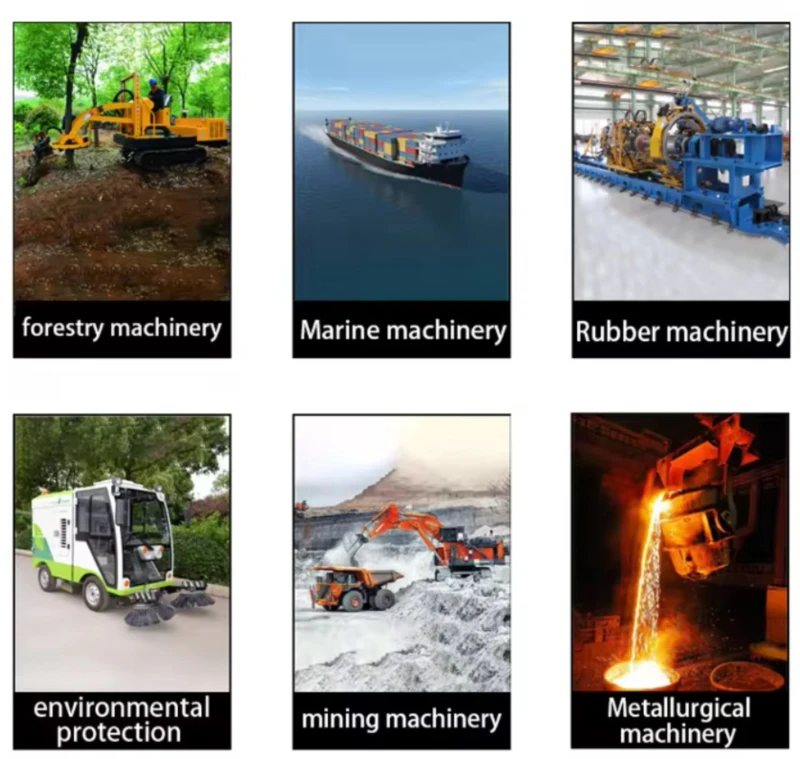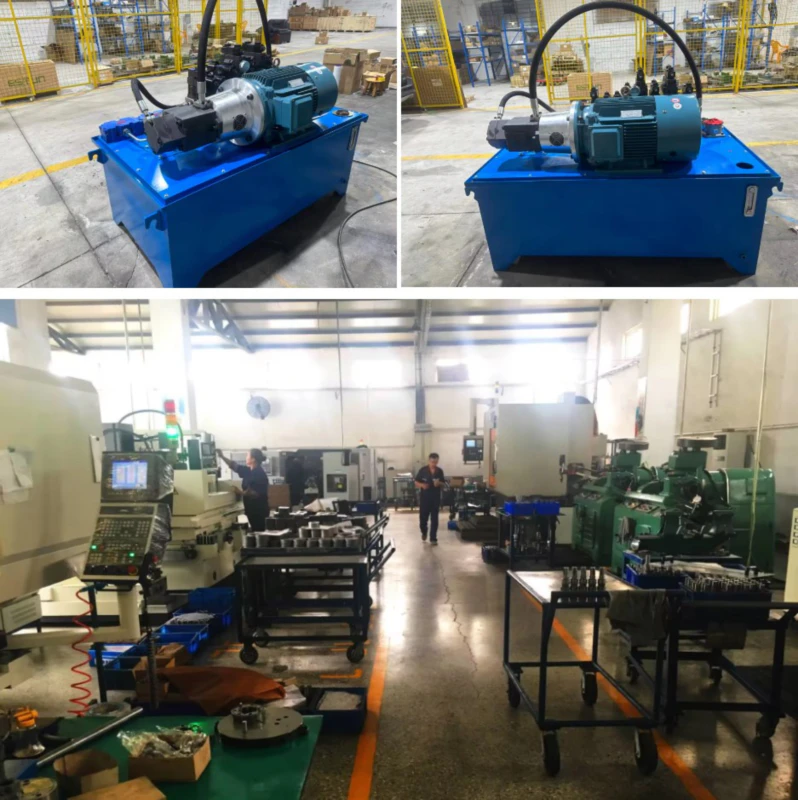Hydraulic motor customization for extreme temperature operation
Introduction
Hydraulic motors are vital components in various industries, providing power and control for a wide range of applications. However, when it comes to extreme temperature environments, standard hydraulic motors may not be able to perform optimally. This article explores the importance of hydraulic motor customization for extreme temperature operation and highlights the key considerations in designing and manufacturing motors that can withstand such harsh conditions.
1. Understanding the Challenges of Extreme Temperature Operation
Extreme temperatures pose unique challenges to hydraulic motors, affecting their performance, efficiency, and overall lifespan. Thermal expansion and contraction can lead to dimensional changes, causing potential leaks and reduced efficiency. Additionally, extreme temperatures can impact the viscosity and flow characteristics of the hydraulic fluid, affecting the motor’s ability to generate the required torque and speed.
2. Selecting Suitable Materials
Customizing hydraulic motors for extreme temperature operation requires careful selection of materials that can withstand the specific temperature range. High-temperature alloys, such as stainless steel and nickel-based alloys, are often used for critical components to ensure thermal stability and resistance to corrosion. Advanced ceramic coatings can also be applied to enhance heat dissipation and protect against thermal stress.
3. Lubrication and Cooling Systems
In extreme temperature environments, proper lubrication and cooling systems are crucial for the optimal performance of hydraulic motors. Specialized high-temperature lubricants with excellent thermal stability and viscosity characteristics should be employed to ensure smooth operation and reduce wear. Effective cooling mechanisms, such as integrated fans or liquid cooling systems, can help dissipate excess heat and maintain the motor’s temperature within the permissible range.
4. Seal Design and Protection
The seals in hydraulic motors play a vital role in preventing fluid leakage and contamination. For extreme temperature operation, seals with high-temperature resistance and minimal expansion properties should be utilized. Advanced sealing technologies, such as high-temperature elastomers and metal seals, can provide reliable sealing performance even in extreme temperature environments.
5. Testing and Validation
Before deployment, customized hydraulic motors for extreme temperature operation must undergo rigorous testing and validation processes to ensure their reliability and performance. Specialized test chambers capable of simulating extreme temperatures should be used to evaluate the motor’s functionality and durability under various operating conditions. Real-world field testing is also essential to validate the motor’s performance in the intended application.
6. Conclusion
Customizing hydraulic motors for extreme temperature operation is crucial to ensure optimal performance, reliability, and longevity in challenging environments. By selecting suitable materials, implementing effective cooling and lubrication systems, designing robust seals, and conducting comprehensive testing, hydraulic motors can be tailored to withstand extreme temperature conditions and deliver consistent and efficient operation.

Company Promotion and Introduction
Our company holds a leading position in the Chinese motor market segment, offering a wide range of products including Hydraulic Motors, Bauer gear motor, hydraulic piston, servo motors, brake motors, and driveline motors. With a design and production capacity of 200,000 sets, we pride ourselves on delivering high-quality products, competitive prices, and attentive service. We welcome customers to customize their orders based on drawings and samples.

Q&A
Q1: How do extreme temperatures affect the efficiency of hydraulic motors?
A1: Extreme temperatures can cause thermal expansion and contraction, leading to dimensional changes and potential leaks. The viscosity and flow characteristics of the hydraulic fluid can also be affected, impacting the motor’s ability to generate the required torque and speed.
Q2: What materials are commonly used for customizing hydraulic motors for extreme temperature operation?
A2: High-temperature alloys, such as stainless steel and nickel-based alloys, are often used for critical components. Advanced ceramic coatings can also be applied to enhance heat dissipation and protect against thermal stress.
Q3: How are seals designed to withstand extreme temperature environments?
A3: Seals with high-temperature resistance and minimal expansion properties, such as high-temperature elastomers and metal seals, are utilized. These advanced sealing technologies ensure reliable performance even in extreme temperature conditions.